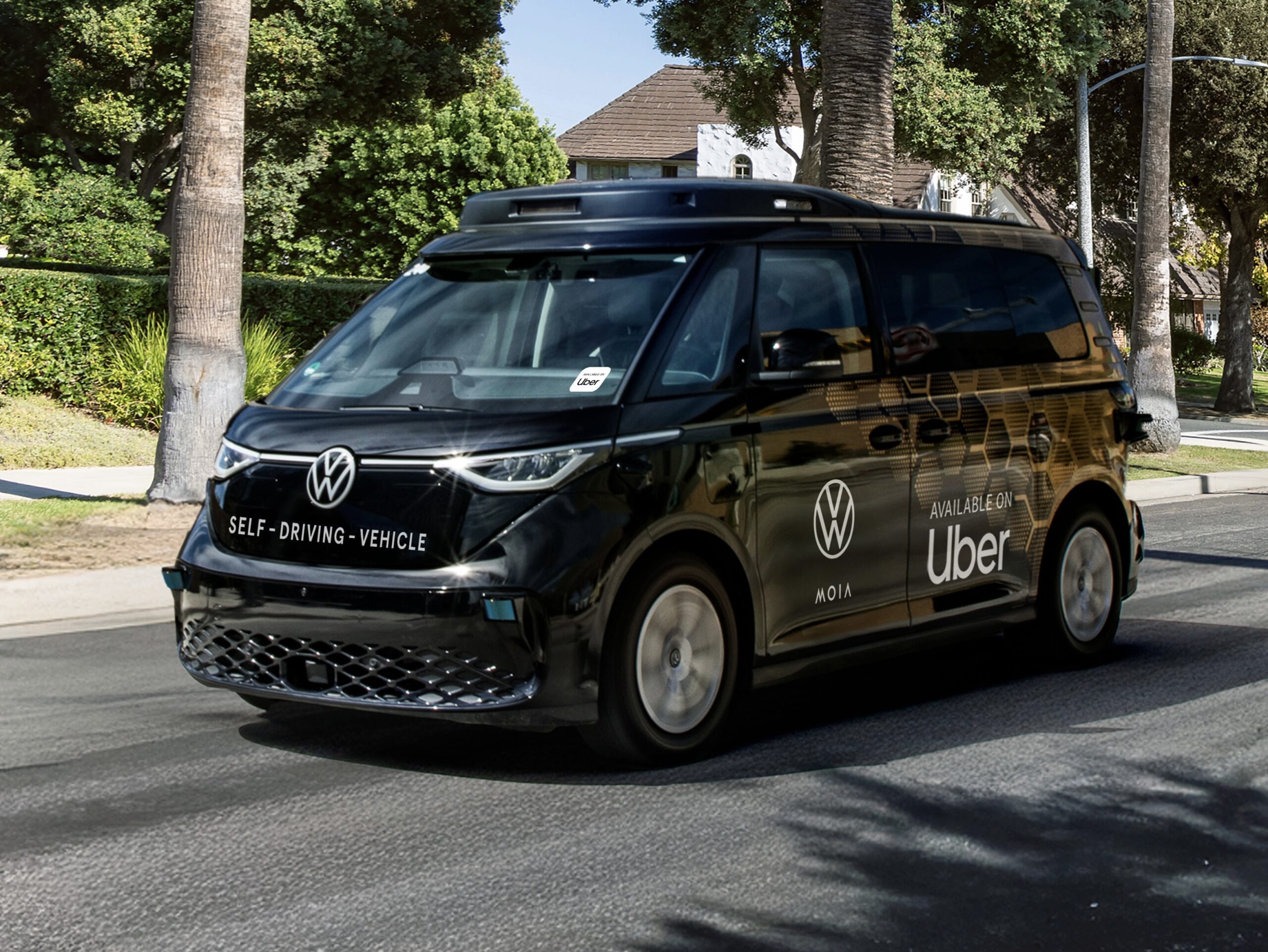
Volkswagen and Uber bring self-driving ID. Buzz electric vans to Los Angeles
Volkswagen is making a serious push into the world of autonomous vehicles, and it is teaming up with Uber to help drive that effort forward. The two companies have announced a partnership that will put Volkswagen’s ID. Buzz AD vans (fully autonomous, all-electric versions of its iconic Microbus) on American streets as robotaxis. The rollout will begin in Los Angeles, with testing set to start later this year and commercial service planned for 2026.
While the plan is for these vehicles to operate without drivers, don’t worry -- there will still be human operators on board during the early phases of testing and launch. This approach is designed to help fine-tune the technology and ensure rider safety while waiting on necessary regulatory approvals.
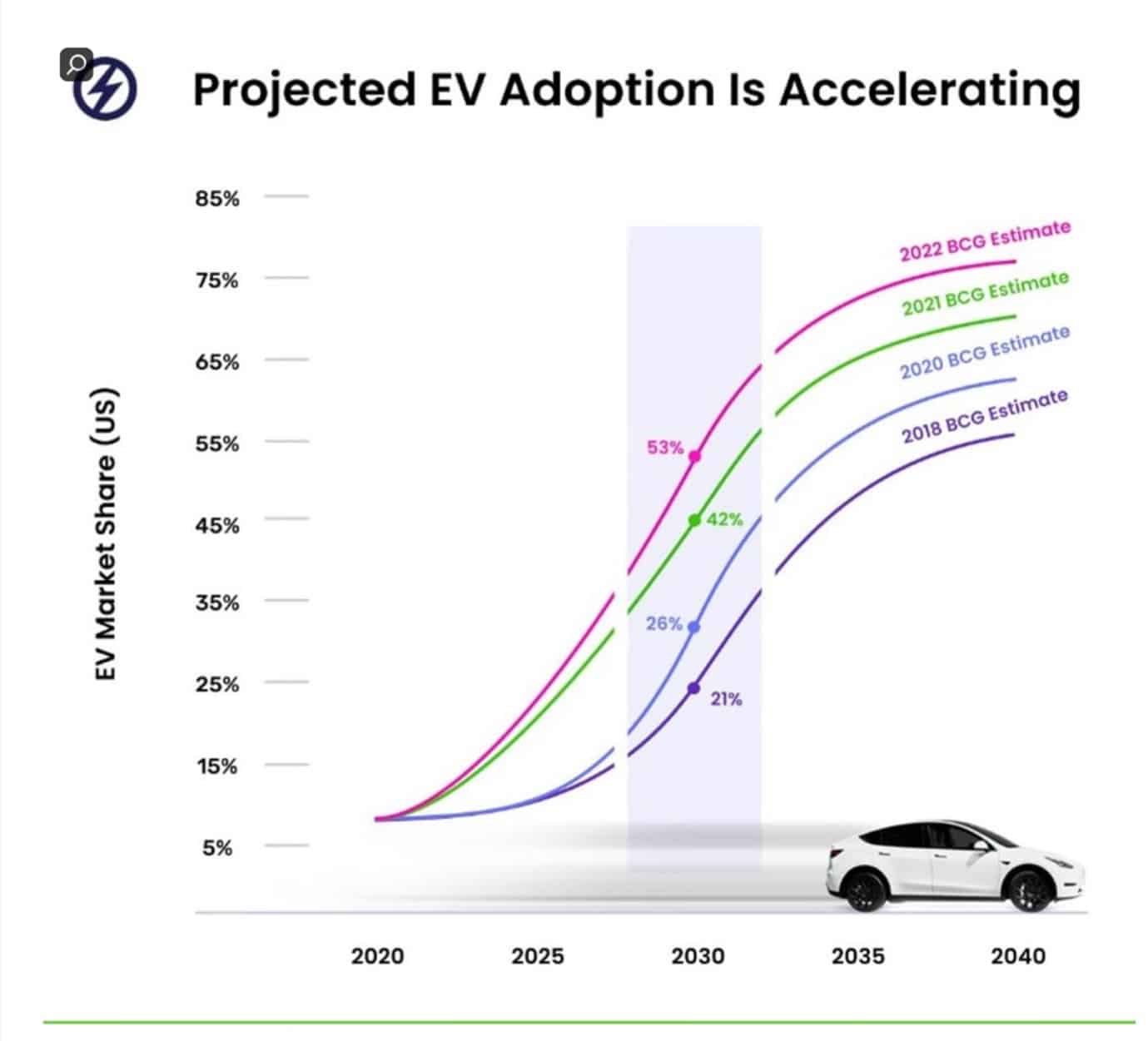
Software is now driving the Electric Vehicle charging market
Electric Vehicle (EV) adoption is outperforming all expectations, and is now expected to represent over half of US vehicle sales by 2030, as shown in this graph.
The 'key link' to mass adoption is now software, not hardware or vehicles. Fortunately, software innovations are already providing solutions to many of the scaling challenges and will play a crucial role in EV adoption. From $1bn in 2021, EV charging software is forecast to grow to $25bn by 2030, making it one of the fastest growing software sector in the market today and a huge opportunity for value creation for founders and VC’s.
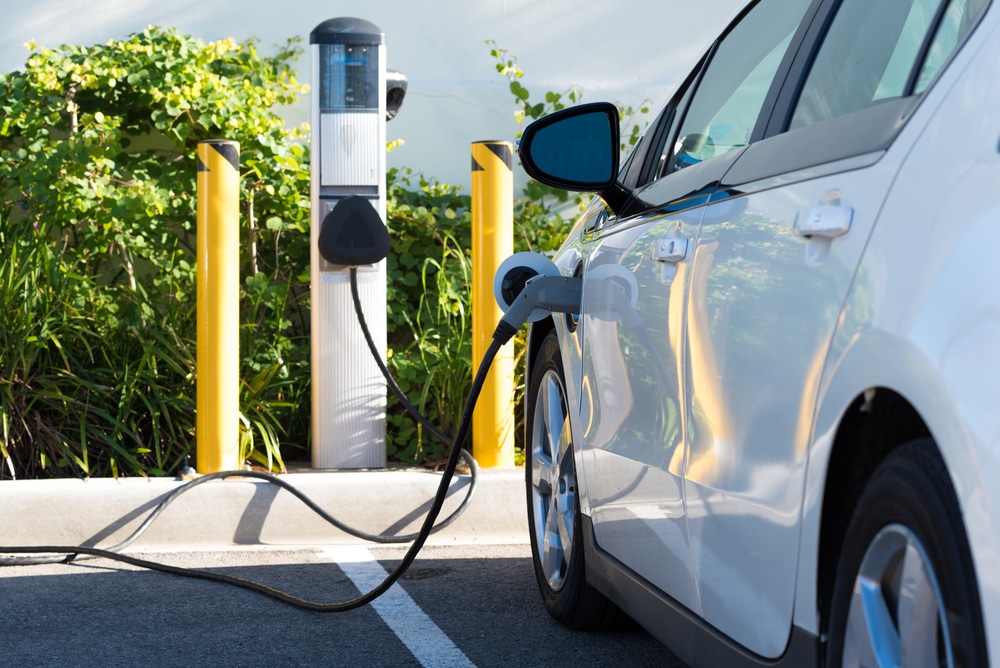
The road to faster EV charging
Electric vehicles (EVs) are more popular than ever. As prices drop and options increase, these once-rare cars are becoming an increasingly viable option for more drivers. However, their limited range and long charging times are holding buyers back.
The average EV can travel just 217 miles before charging, which is fine for daily commutes but not ideal for longer road trips. Of course, gas and diesel cars must also stop to refuel on long drives, but they can fill up in minutes. By contrast, EV charging is often slow. That has to change for these vehicles to become standard, so here’s a glimpse at the future of fast EV charging.
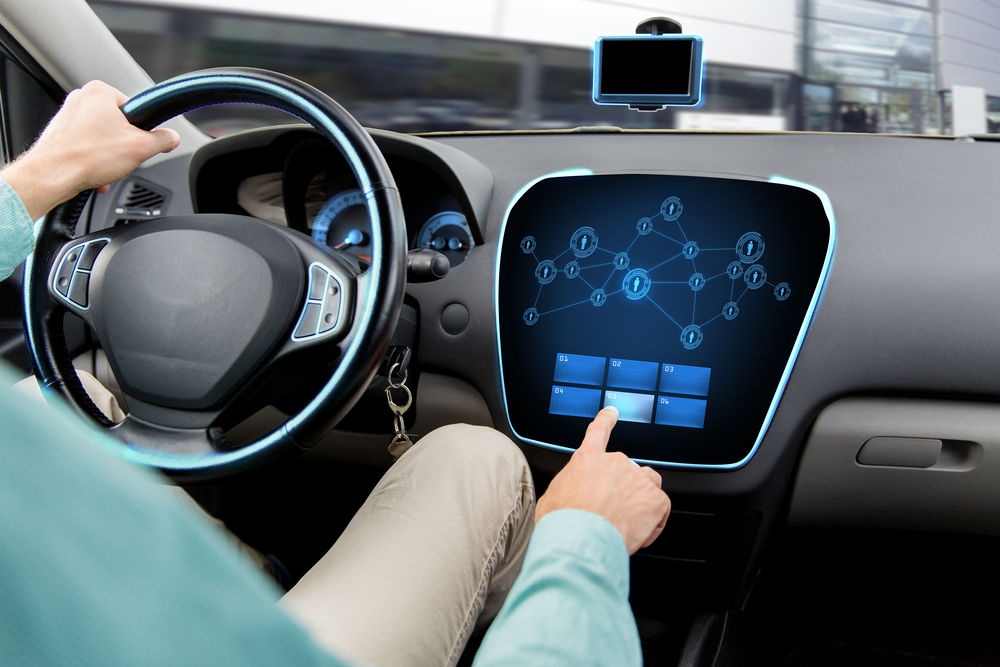
Why electric vehicles are at high risk for cyberattacks
What began as a mechanical business now exists as one of the most well-known industries worldwide: the automotive industry has seen more than one hundred years of gradual evolution, that is, until recently.
The automotive industry’s past decade has seen a rapid digital transformation that’s given rise to electric and connected vehicles. The first quarter of 2022 saw a whopping 60 percent increase in electric vehicle registrations, pushing the EV share of the US market to a historic high of 4.6 percent.
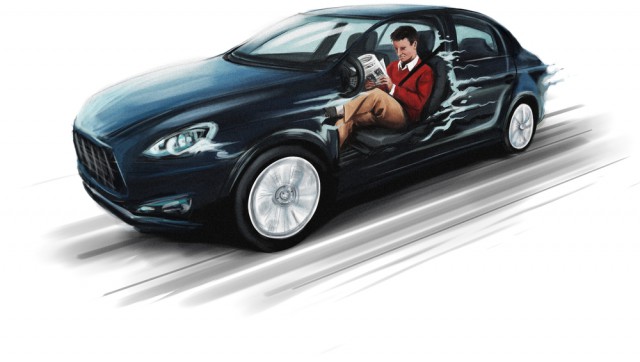
Insecure and inaccessible code can hinder investment in connected vehicles and limit innovation
Automakers are embracing artificial intelligence (AI) in a bid to create more personalized user experiences in connected vehicles. In March 2022, Google’s Waymo revealed driverless ride-hailing services were soon to be offered in cities such as San Francisco -- highlighting how the use of AI technology has increased as a result of companies like Google, Amazon, Apple, Microsoft, and others entering the automobile market.
It's clear that manufacturers are seeking to deliver the best possible user experience (UX), but vehicle safety and regulation needs to be carefully examined. And as this technology is more widely adopted, software developers will eventually be seen as the new mechanics.

The future is electric: Why electric cars will take over sooner than you think
We’re currently experiencing a boom period in electric vehicles. Right now, the RAC estimates there are at least 456,000 battery electric cars on the roads up and down the UK, with one in eight new cars being plug-ins.
The UK government’s strategy to combat climate change involves planning to stop the sale of new petrol and diesel vehicles by 2030, and for them to be zero emission by 2035. While these goals may seem lofty if you’ve never considered even test-driving an electric vehicle, the sales and registration figures alone are encouraging enough that it’s possible.
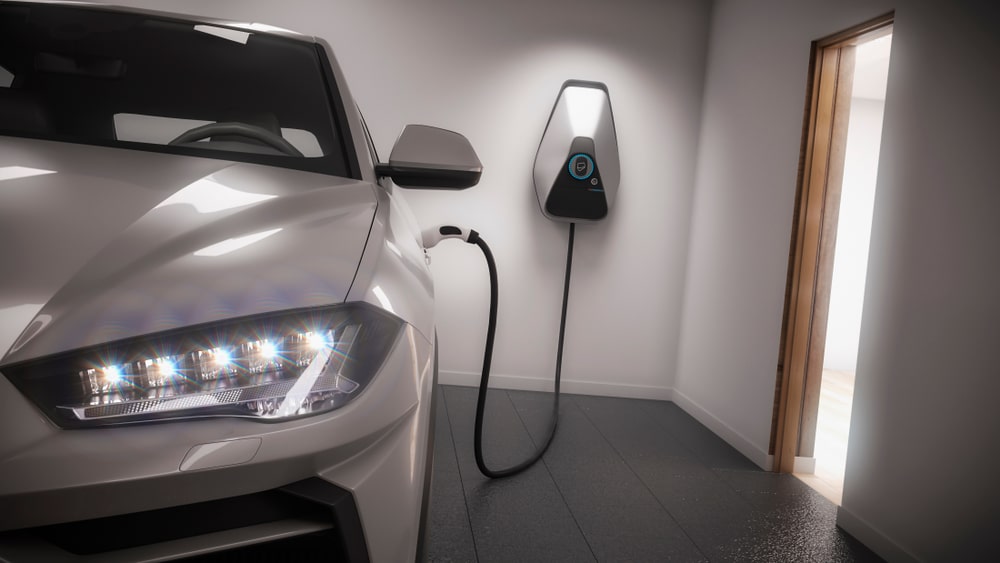
The electric vehicle revolution: How our homes are driving the green transition
Electric vehicles are driving the UK’s green transition, helping the nation on its journey towards sustainability and net zero emissions by 2050. To achieve this goal, the sale of new petrol and diesel cars will be banned after 2030, meaning that the future roads are guaranteed to look more electric.
But with the increase of electric vehicles comes the issue of charging. Of course, it makes sense that we should all be able to charge our cars at home. Nipping to the petrol station during the rush hour commute will be no more, as recharging will be done on our doorsteps. But do you have an electric vehicle charger at your home yet? The answer is most likely no. After all, we’ve not had much use for them up until now.

How an open charging network could boost EV adoption [Q&A]
Although there has been a surge of interest in electric vehicles brought about by governments legislating to phase out internal combustion power, many people are put off by the difficulties of charging, made more of a challenge by the number of different networks each needing its own app, card or token.
A new company EVPassport wants to build an open charging network, allowing EV drivers to use an API-based system integrated into an app like Google Maps, or simply scan a QR code on the charger. We spoke to its CEO and co-founder, Aaron Fisher to find out more.
